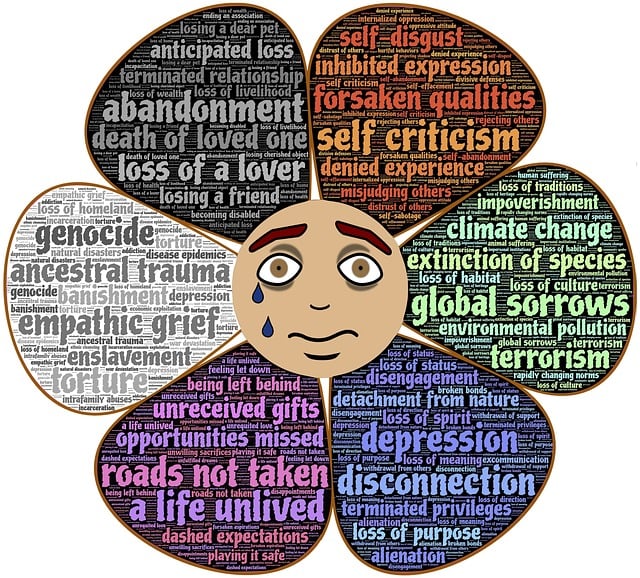Navigating Relationships: Understanding the Difference between Connection, Chemistry, and Compatibility

Introduction
Building and maintaining healthy relationships is a complex and nuanced process that involves various elements. Among these, three key factors play a crucial role: connection, chemistry, and compatibility. While these terms are often used interchangeably, they represent distinct aspects of relationships. In this blog post, we will explore the differences between connection, chemistry, and compatibility and how they contribute to the dynamics of interpersonal relationships.
1. Connection
Connection is the foundational aspect of any relationship. It refers to the emotional bond and sense of closeness that individuals share. A strong connection involves the ability to communicate openly, trust one another, and feel a genuine understanding and acceptance. Connections can be built on shared values, experiences, and emotions. It’s the intangible link that makes individuals feel seen, heard, and valued in a relationship.
Building connections takes time and effort, and it requires both parties to invest in understanding each other on a deeper level. The emotional connection forms the basis for a lasting and meaningful relationship. It’s the glue that holds people together during challenging times and fosters a sense of belonging.
2. Chemistry
Chemistry is the spark that ignites romantic and physical attraction between individuals. It’s that magnetic pull that can be felt on a visceral level, often manifesting in the form of intense emotions, excitement, and passion. Chemistry is not limited to romantic relationships; it can also be present in friendships and familial connections.
While chemistry is powerful and can be a driving force behind initial attraction, it’s important to note that it doesn’t guarantee a sustainable, long-term relationship. Chemistry can be influenced by various factors, including physical attraction, shared interests, and even biological compatibility. It tends to be more immediate and can fluctuate over time.
3. Compatibility
Compatibility involves the alignment of values, lifestyles, and long-term goals between individuals. It’s the practical aspect of a relationship that determines whether two people can coexist harmoniously over the long haul. Compatibility encompasses areas such as communication styles, financial attitudes, and life priorities.
Unlike chemistry, compatibility is a more deliberate and conscious consideration. It involves assessing whether two individuals can navigate life’s challenges together, sharing responsibilities, and compromising when necessary. While a strong connection and chemistry can enhance a relationship, compatibility is often a key determinant of its sustainability.
Conclusion
In the intricate tapestry of relationships, understanding the distinctions between connection, chemistry, and compatibility is essential. A successful and fulfilling relationship often requires a delicate balance of these three elements. While a deep emotional connection provides the foundation, chemistry adds spice, and compatibility ensures a practical and harmonious coexistence.
Ultimately, each individual and relationship is unique, and finding the right balance of connection, chemistry, and compatibility is a personal journey. By recognizing and appreciating these nuanced aspects, individuals can navigate their relationships with greater insight, fostering healthier and more fulfilling connections.






Responses